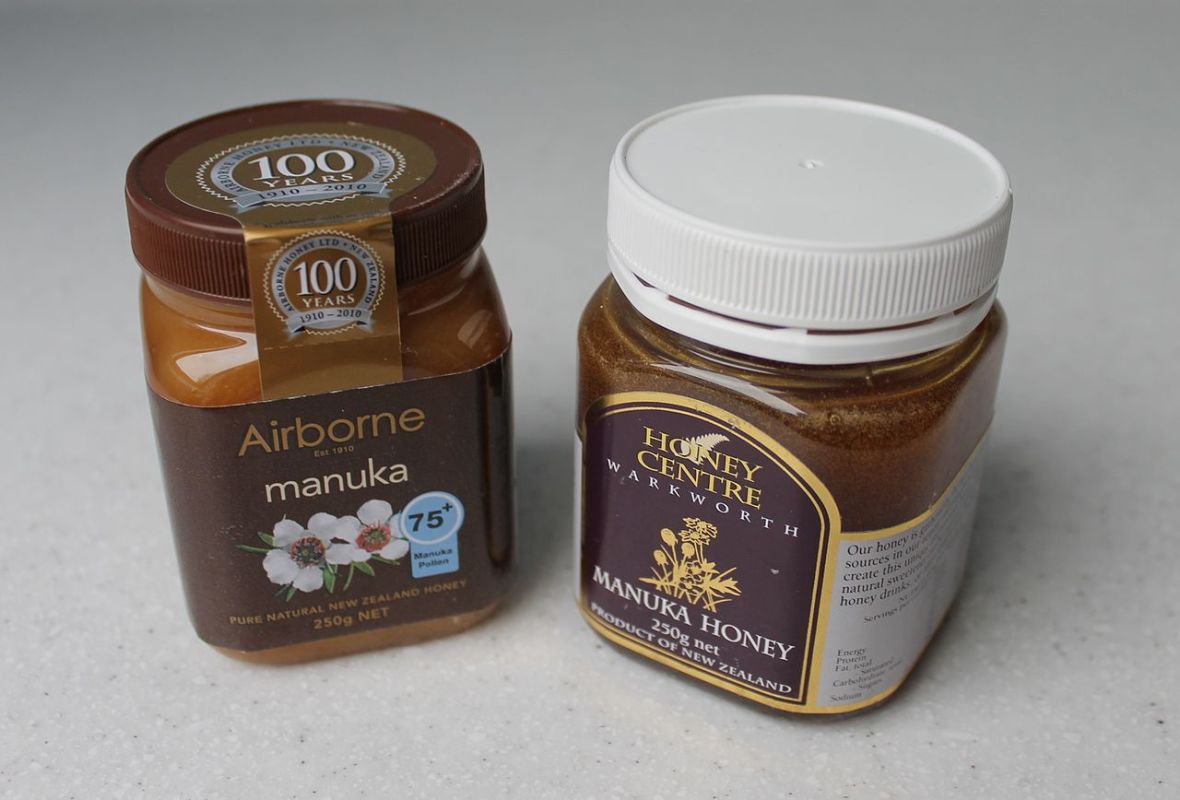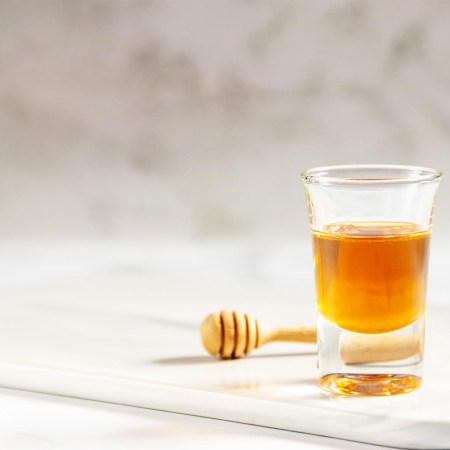Manuka honey is certainly having a moment. A 2017 report from CNN discussed its antibiotic properties, for instance. It also provides a helpful overview of what differentiates it from other types of honey, namely that it “is derived from the nectar of manuka (Leptospermum scoparium) trees, and it has an additional component to its potent antimicrobial activity.”
There’s also a growing market for counterfeit manuka honey, which really seems like a true crime podcast waiting to happen. And now, manuka honey has led two neighboring countries who have been longtime allies into a much more fraught relationship. It is, literally, a sticky situation.
At The New York Times, Jamie Tarabay has the details. “Manuka-branded honey is so valuable that New Zealand producers have gone to court to argue that they alone should have the right to sell it, in much the same way that only France can claim Champagne with a capital C,” Taraby writes.
The argument between the two nations touches on a host of factors, from the specific plant involved to the origin of the term “manuka.” It’s a chaotic blend of intellectual property law, scientific research and questions over cultural appropriation. And the fact that manuka honey is a decidedly expensive product further complicates matters.
It’s a dispute that looks surreal on paper, but turns out to be far more grounded than one might think. That it involves something so delicious is another strange wrinkle in the debate, but the conflict remains very real.
Subscribe here for our free daily newsletter.
Join America's Fastest Growing Spirits Newsletter THE SPILL. Unlock all the reviews, recipes and revelry — and get 15% off award-winning La Tierra de Acre Mezcal.


















